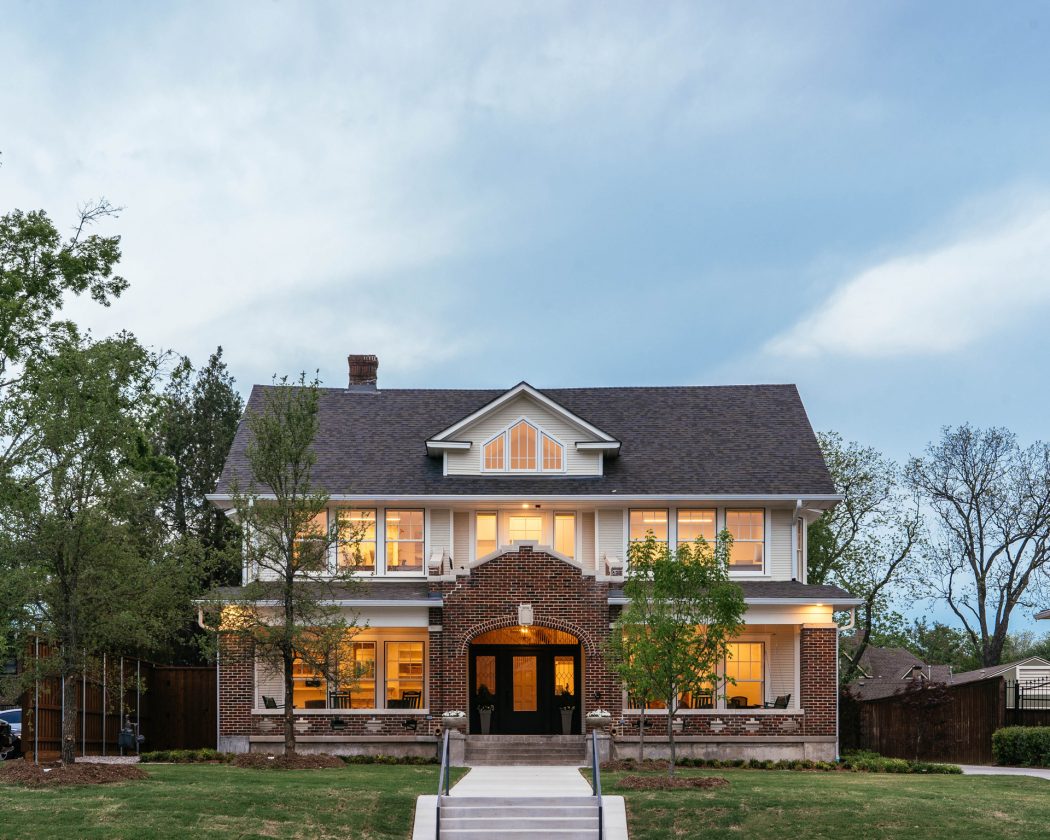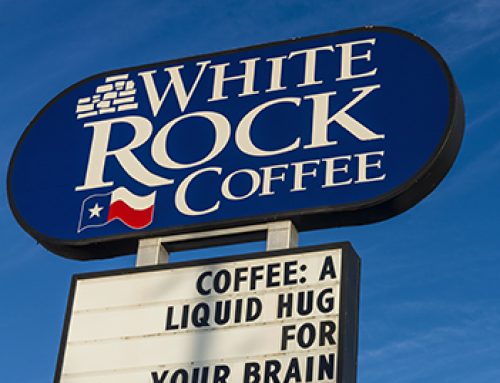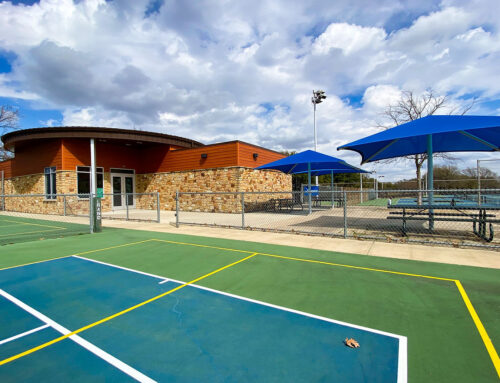
The Magdalen House on Gaston serves alcoholic women in recovery. The nonprofit will begin programming for men at a separate campus. Advocate photo.
The Magdalen House in East Dallas — a nonprofit that for 36 years has provided services to help women alcoholics recover (and which is featured in the April 2022 Advocate magazine) — has announced it will begin assisting men who want to stop drinking at a nearby location.
While Magdalen, aka Maggie’s, is known mainly for its two-week residential program for women, it will begin men’s services with non-residential activity. That may expand to residential care in the future.
As with the women’s, the Men’s Community Program is rooted in the 12 step program originally outlined in the book Alcoholics Anonymous — Maggie’s will provide recovery meetings and workshops, family support group, volunteer opportunities, Men’s Community group and various fellowship events.
Maggie’s CEO Lisa Kroencke says many who have experienced life-saving services through Maggie’s have inquired about services for men, and there is a “tremendous need in our community,” she adds.
“It was apparent that we needed to expand our services to also include men,” Kroencke says. “Men suffering from alcoholism deserve access to free, comprehensive services and a continuum of care. Taking a holistic approach to family, our mission is to provide those who suffer from alcoholism with the solution to lifelong recovery and restore families within our communities.”
She adds that the inclusion of both men and women allows for a 100% increase in the individuals served while only increasing operational costs by an estimated 30%.
One in 11 women suffer from alcohol use disorder, but so do one in seven men, per information provided by Magdalene House.
“To put that into perspective, based on the 2021 population of the Dallas-Fort Worth metroplex, there are an estimated 400,000 men struggling with alcohol in DFW,” they add via press release.
Programming for men began this week and takes place at a separate facility from the big, beautifully recently refurbished Maggie’s House on Gaston Road.

Grace United Methodist Church. Photo courtesy of the church
Men can find assistance at Grace United Methodist Church in East Dallas, 4105 Junius Street. The 1,700 square foot campus will be outfitted with multiple offices and meeting spaces for Magdalen House events.
Maggie’s will launch the men’s Next Step program, an intensive non-residential program (First Step is the 14-day residential program for women) at the church in early 2024.
“Our teams would love to expand to offer First Step to men and we are actively looking at opportunities to buy land and expand this service as well,” according to the Maggie’s website.
Austin Shook will serve as director of men’s programming at The Magdalen House. He has been active in the 12-step community and has sponsored men who want to stop drinking in his personal time since 2017. In this role, he will lead the charge to establish and build the men’s programming initiative for The Magdalen House, according to a press release.
“The goal is to offer the same programming that already exists for women in recovery at The Magdalen House but for men,” according to the announcement.
Shook will lead the Men’s Charter Group, an internal group of 20 men selected to help establish the men’s programming initiative. Members of this group are responsible for chairing and creating meetings, volunteering, establishing committees and much more.
“If you’re an alcoholic who can’t stop drinking or a concerned loved one of an alcoholic, the first step in recovery is education and access to resources,” notes the announcement.
Maggie’s House first formed in the 1980s inside a house in the Forest Hills neighborhood. A few years ago a major fundraising campaign allowed the organization to relocate to a studs-out-remodeled 12,000-square-foot mansion in the Peaks Suburban Addition, a historic preservation district in East Dallas.
Visit The Magdalen House website to learn more details about what they do for women, men and families affected by alcoholism.





